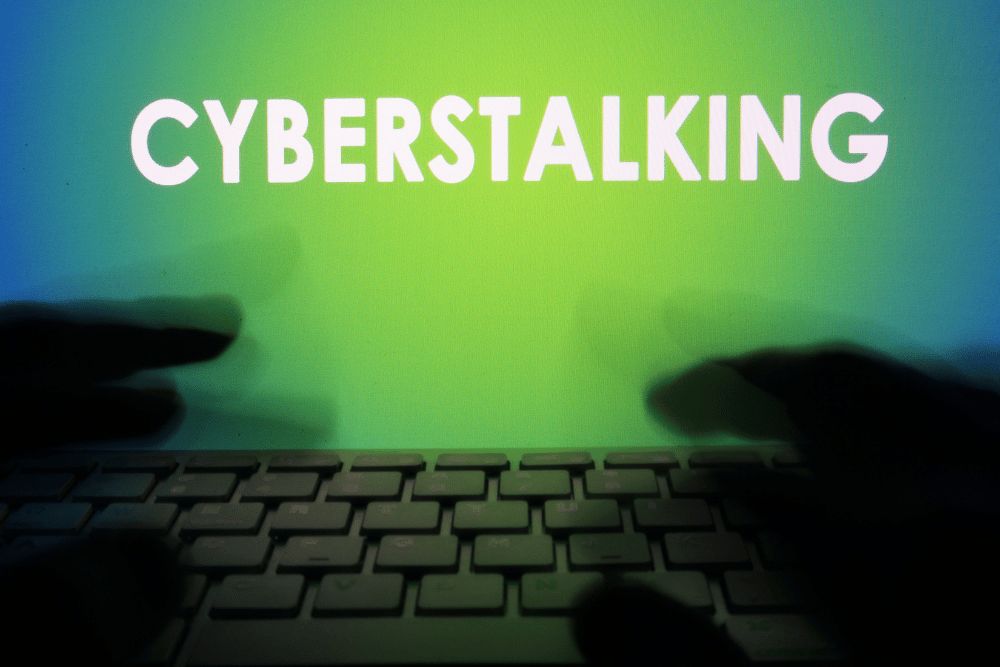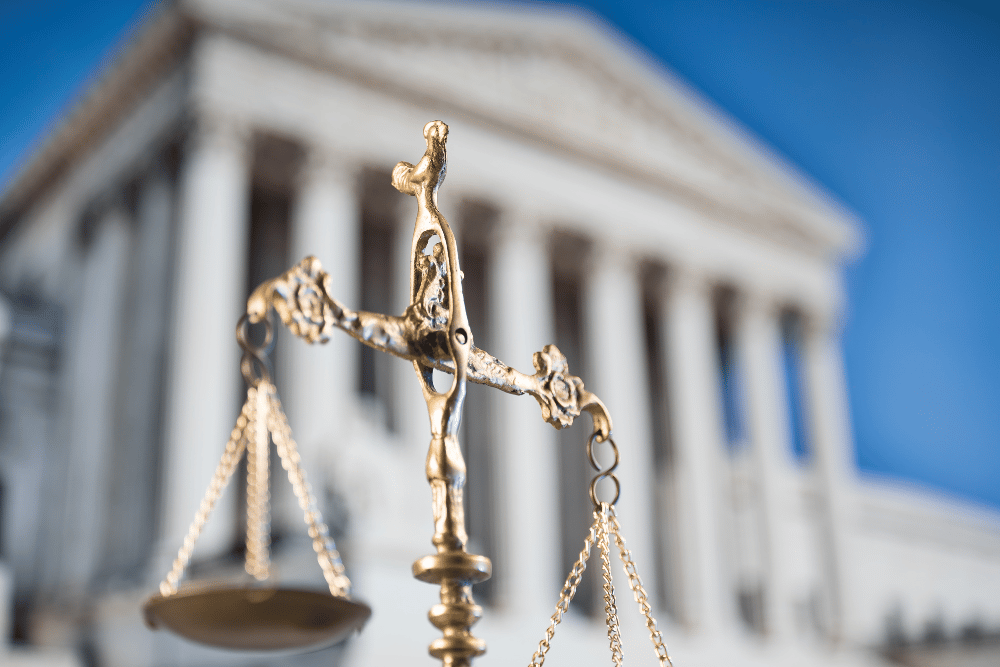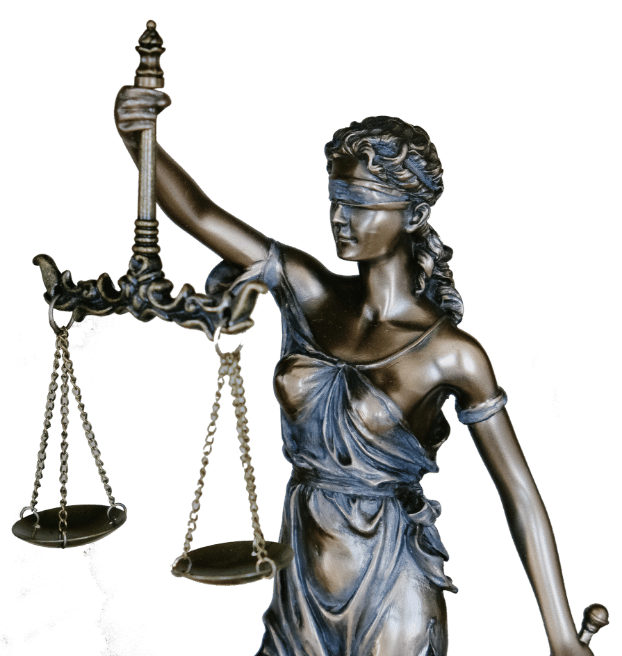How Federal vs State Jurisdiction Impacts Your Houston Criminal Case
If you are facing criminal charges in Houston, it is essential to understand whether your case will be handled in state cour
Read More
Call 24/7 For A Free Consultation
The rise of the internet has transformed our world in countless ways. It has revolutionized the way we communicate, work, and socialize. For the most part, you can do almost anything online these days.
In many ways, this is a good thing. However, to paraphrase every iteration of Spider-Man ever: “with great freedom comes great responsibility.” Just because it is possible to do whatever you want online does not mean that you should – there are all kinds of ways to engage in illegal activities via the internet, and you need to be careful that you don’t get yourself involved in something on the internet that could land you in prison.
In this blog post, I will explore some internet crimes that specifically fall under the federal government’s jurisdiction.
Technically this is a blanket category that covers several different crimes. Essentially, computer and internet fraud is a type of white-collar crime that involves the use of a computer or the internet to commit fraudulent acts.
This can take many forms, such as phishing scams, identity theft, or the use of malware to gain unauthorized access to a computer system. Computer fraud is a federal crime under the Computer Fraud and Abuse Act (CFAA). Internet fraud is a federal crime under various laws, including the Federal Wire Fraud Statute and the Federal Mail Fraud Statute. Federal Charges under any of these areas can lead to severe penalties, including imprisonment.
While these crimes are sometimes challenging to investigate due to the global nature of the internet, one should never underestimate the power and resources of the Federal Government. Federal agencies such as the FBI and the Secret Service have large cybercrime units that work to investigate and prosecute these crimes.
Child pornography is considered one of the most heinous crimes that can be committed on the internet. It involves the creation, distribution, and possession of sexually explicit images of minors. Advertisement of child pornography is also a very serious crime.
These crimes are under federal jurisdiction because child pornography is shared via computers and the internet.
These crimes are federal offenses under the Child Pornography Prevention Act, and conviction can result in lengthy terms of imprisonment, high fines, and lifetime registration as a sex offender.
Cyberstalking, or online harassment, is a type of harassment that occurs over the internet. It involves the repeated use of electronic communications to threaten or harass an individual and can also include spyware or other tools to monitor the victim’s online activities.

This crime can include cyberbullying, revenge porn, or other forms of online harassment. Online harassment is a federal crime under various laws, including the Communications Decency Act and the Interstate Stalking Punishment and Prevention Act. Cyberstalking is a federal crime under the Violence Against Women Act, and can result in significant penalties.
Notably, Texas has its own harassment criminal offense.
So online harassment can result in federal or state charges.
Hacking is the unauthorized access to a computer system, network, or device. It can be done for various reasons, such as stealing personal information, causing damage to a system, or gaining control of a network.
Those last two are what differentiate hacking from computer fraud. Because while hacking can be done in the service of fraudulent acts, it is also often engaged in for other purposes.
Hacking is a federal crime under the Computer Fraud and Abuse Act and can result in fines and prison time.
These types of crimes may very well be the most common types of criminal acts that take place online. They involve the theft of ideas or creations that are protected by law. This can include copyrighted material, such as music, movies, and books, as well as trade secrets, patents, and trademarks.
In other words, every time a person downloads or streams pirated content – such as that new blockbuster that just came out in theaters or yesterday’s episode of a favorite show – they are committing an intellectual property crime.
Intellectual property theft is a federal crime under various laws, including the Economic Espionage Act and the Digital Millennium Copyright Act. Federal agencies such as the FBI and the Department of Justice have dedicated units to investigate and prosecute these crimes.
Money laundering is the process of disguising the proceeds of illegal activity as legitimate funds. It can be done through a variety of means, such as the use of shell companies or the purchase of high-value items with cash.
The internet has made it easier for people to launder money, such as through the use of cryptocurrency. Money laundering is a federal crime under the Money Laundering Control Act, and can result in significant prison time.
The internet can be used to bolster terrorism in two ways:
Cyberterrorism is a federal crime under the Computer Fraud and Abuse Act. Federal agencies such as the FBI and the Department of Homeland Security work to investigate and prevent acts of terrorism, both online and offline.

If you find yourself facing charges for any of these acts, reach out to a knowledgeable federal criminal lawyer immediately – preferably someone who can point to positive results handling your specific charge.

If you are facing criminal charges in Houston, it is essential to understand whether your case will be handled in state court or federal court. This distinction affects investigations, charging decisions, trial procedures, and potential sentences.
Robert J. Fickman is …
Being charged with violating the Federal Racketeer Influenced and Corrupt Organizations Act (RICO) can be among the most serious criminal charges an individual can face in any Federal court. These charges involve complex allegations that the accused was part of …
When facing federal charges where self-defense is a factor, a Houston federal criminal defense attorney who understands both state and federal law becomes essential to your defense.
Criminal Defense Lawyer Robert J. Fickman has defended the accused in State and …